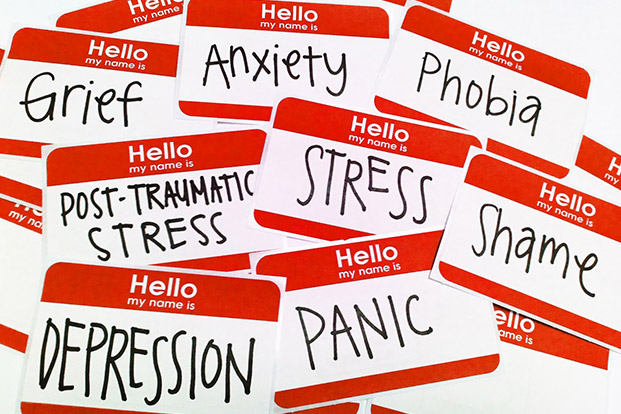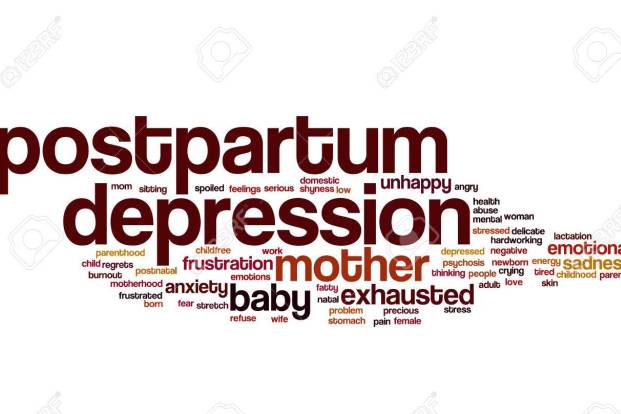Categories
- Bariatric Surgery (11)
- Black Fungus (5)
- Bone Marrow transplant (3)
- Brain Tumor Surgery Navigation Technology (20)
- Cardiac Surgery (66)
- Cardiology (97)
- Computer navigation technology for joint replacements (20)
- Covid Vaccination (17)
- Critical Care (2)
- Dental (19)
- Dermatology (31)
- Dialysis Support Group - “UTSAAH” (11)
- Dietitian (33)
- Emergency Medicine (4)
- Emotional Health (11)
- Endocrinology (33)
- ENT (20)
- Gastroenterology and GI Surgery (53)
- General and Laparoscopic Surgery (21)
- General Surgery (4)
- Gynecology & Obstetrics (183)
- Hematology (20)
- Internal Medicine (294)
- Kidney Transplant (50)
- Kidney Transplantation (20)
- Lung Cancer (8)
- Minimal Invasive Surgery (1)
- Mother & Child (20)
- mucormycosis (5)
- Nephrology (61)
- Neurology (147)
- Neurosurgery (68)
- Nutrition and Dietetics (107)
- Omicron Variant (1)
- Oncology (288)
- Ophthalmology (10)
- Orthopaedics & Joint Replacement (86)
- Paediatrics (59)
- Pediatric Nephrology (3)
- Physiotherapy (5)
- Plastic & Reconstructive Surgery (6)
- Psychiatry and Psychology (90)
- Psychologist (28)
- Pulmonology (72)
- Rheumatology (13)
- Spine Services (21)
- Transradial Angioplasty (16)
- Urology (84)
Query Form
Posted on Apr 19, 2022
Mental Health and Ageing Women
It’s high time we accept that mental health and emotional well being are as important in older age as at any other time of life. WHO has quoted that between 2015 and 2050, the world population over 60 years will nearly double from 12% to 22%.
Over 20% of geriatric population will be suffering from mental disorders like depression, dementia, anxiety and substance abuse.
It has been found that most of the old men are married and therefore will have familiar caregivers when they are ill.
But mostly the elderly women are widowed around 52%, so life surely does not get easier for them.
What are the common stressors for ageing women in specific?
Dealing with the loss and death of family and loved ones, retirement from work and active roles, house relocation , medical illness/physical disability, changes of family relationship and above all the care giver role whether wanted or not.
It has been found that most of the caregiver of elderly individuals are women could be daughters, sister -in-laws, nieces.
Now what makes it tough for these elderly women to reach out for help is something called triple whammy for stigma:
- You having a mental illness at any age is so unacceptable.
- You are old so you wouldn’t be taken that seriously as you are oversensitive and confused mostly by the way that could also be symptom of a mental illness.
- You are a woman ( so invariably you complain a lot and express your emotions easily).

I would want you to think that when it automatically doesn’t strike us that the geriatric population does need counselling. We also tend to ignore the mental situation of the socially neglected women in our culture and society. We need to understand that they are also a part of the system and may not be our priority but definitely add to the statistics of the mentally depressed and deprived.
The older women are the one of the most underdiagnosed population which neglects both on their mental and physical health. The situation is further complicated with poverty.
As a clinician and on humanitarian ground would urge you to pay attention to the elderly women in your houses…and one known to you outside, talk to them ask them these two questions??
How is there sleep??
How do they feel mostly???
If you feel that any woman displays any signs of depression, please contact your nearest psychologist.



